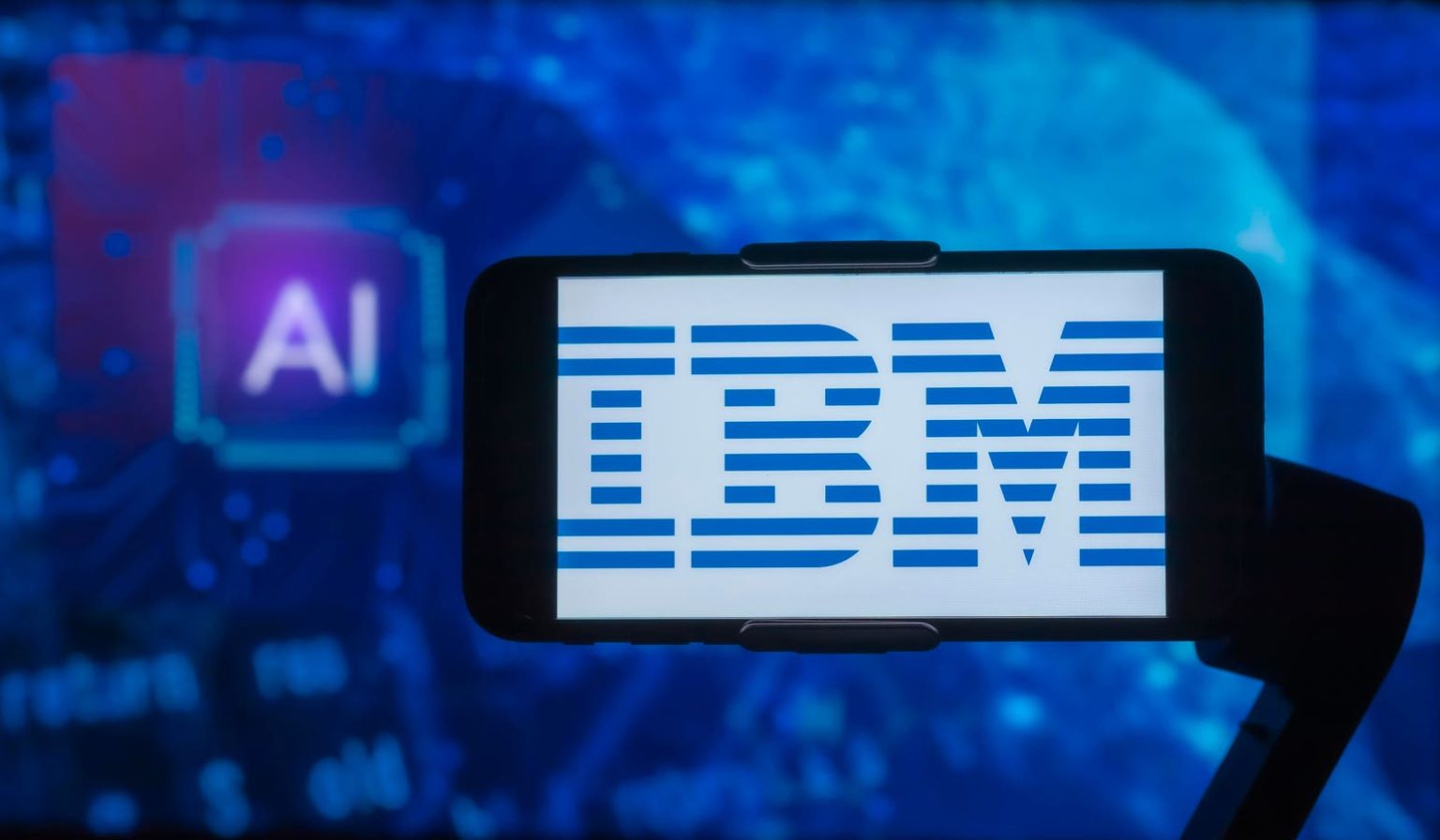IBM Research recently announced the open-sourcing of its Granite code foundation models, with the goal of democratizing access to advanced AI tools and transforming how code is written, maintained, and evolved across industries. The Granite models, ranging in size from 3 billion to 34 billion parameters, are designed to assist developers in tasks such as code generation, bug fixing, and code explanation to enhance productivity in software development workflows.
These models automate routine and complex coding tasks, speeding up the development process and allowing developers to focus on more creative and strategic aspects of software creation. Trained on a rich dataset from CodeNet, which includes 500 million lines of code across more than 50 programming languages, the models are able to understand and generate code more accurately and effectively. The potential for innovation is vast, as the community can now modify and build upon the Granite models to create new applications and tools that may redefine current standards in software development.
By making these powerful tools available on popular platforms like GitHub, Hugging Face, watsonx.ai, and Red Hat’s RHEL AI, IBM aims to broaden its user base and encourage collaborative development and customization of the models. This move significantly lowers the barrier to using state-of-the-art AI tools in software development, enabling startups and independent developers to access the same resources as large enterprises, fostering a more vibrant and innovative development community. IBM’s presence in the day-to-day tools of developers on these platforms solidifies its position as a leader in the AI-powered coding space, challenging other tech giants who are also exploring similar territories but may not have committed to open-source models.
The implications of IBM’s open-sourcing of the Granite models are profound, enhancing enterprise efficiency and developer productivity by setting a new benchmark for AI integration in software development tools. This approach not only broadens the accessibility of advanced coding tools but also fosters an inclusive environment for developers of various skill levels and resource availabilities. The impact on software development processes, from faster time-to-market to improved software quality, is expected to be substantial, with the potential for new applications and tools that may revolutionize the industry.
In conclusion, IBM’s decision to open-source its Granite code foundation models marks a significant milestone in the AI-powered coding space, presenting opportunities for widespread innovation and collaboration in software development. By allowing the community to modify and build upon these models, IBM is setting a new standard for accessibility and productivity in the industry, positioning itself as a leader in the field. This move not only benefits developers and enterprises by enhancing their capabilities but also contributes to a more vibrant and competitive ecosystem in software development.













